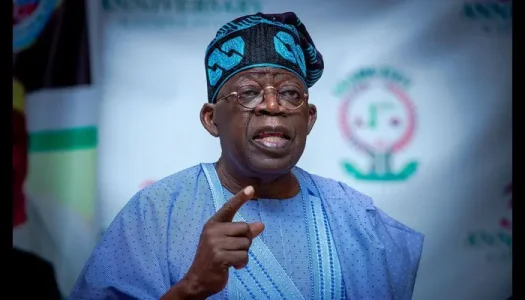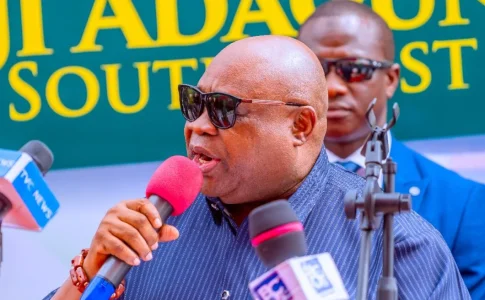
Six months after the Zamfara governorship election, the North-Western state is thrown into uncertainty as the Appeal Court nullified the election of Governor Dauda Lawal.
Lawal, a member of the opposition Peoples Democratic Party (PDP), had secured a surprising victory on March 18, unseating the then-incumbent Bello Mattawalle of the All Progressives Congress (APC) with 377,726 votes against 311,976.
In a shocking turn of events, Justice Sybil Nwaka, leading a three-member panel, declared Lawal's victory void and ordered the Independent National Electoral Commission (INEC) to conduct a fresh election in three local government areas – Maradun, Birnin-Magaji, and Bukkuyum. These areas had either not held elections previously or faced discrepancies in counting results from various polling units.
The court criticized INEC for relying on information from its INEC Result Viewing (IReV) portal to collate the final results, emphasizing the need for a more accurate and transparent electoral process.
Despite an earlier ruling by the Zamfara Election Petitions Tribunal upholding Lawal's victory and imposing a fine of N500,000 against the petitioners, Mattawalle persevered and brought the case to the Court of Appeal in Abuja. The recent decision has reignited political tensions in the state, raising questions about the legitimacy of the governorship and the overall electoral process.
As the state awaits the rerun, political analysts anticipate heightened competition and increased scrutiny on the electoral system. The impact of this judicial decision extends beyond Zamfara, prompting broader discussions about the credibility of electoral institutions and the potential implications for future elections in Nigeria.




